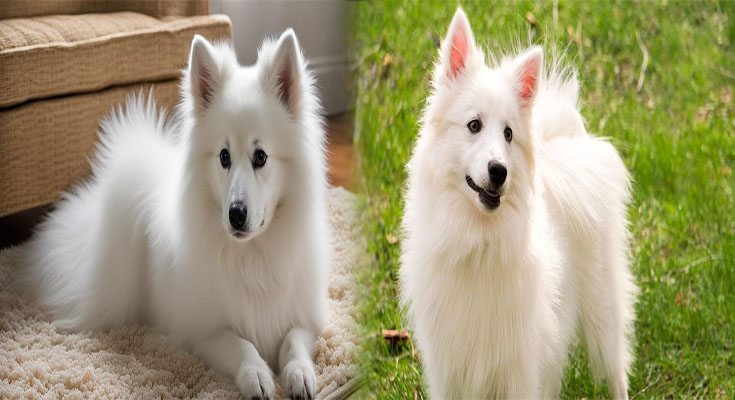
Choosing the Right Diet and Nutrition for American Eskimo Puppies
When it comes to raising a healthy American Eskimo puppy, choosing the right diet and nutrition is crucial. Feeding your puppy a well-balanced diet will not only support their growth and development but also help prevent health issues down the road. Here are some tips to help you choose the right diet and nutrition for your American Eskimo puppy.
Consider Your Puppy’s Nutritional Needs
American Eskimo puppies have specific nutritional needs that differ from adult dogs. Puppies require higher amounts of protein, fat, and calories to support their growth and development. Look for a high-quality puppy food that is specifically formulated for small to medium-sized breeds and meets the nutritional requirements for puppies.
The food you choose should provide all the essential nutrients, including protein, carbohydrates, vitamins, and minerals. Avoid foods that contain fillers, artificial preservatives, and by-products as these can be harmful to your puppy’s health.





